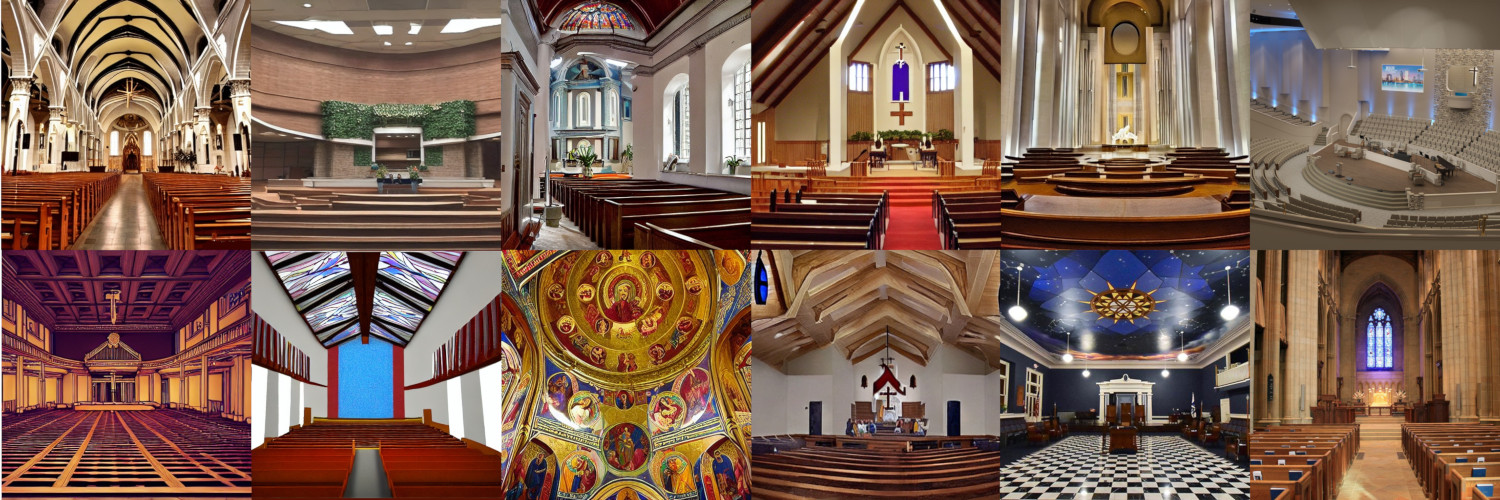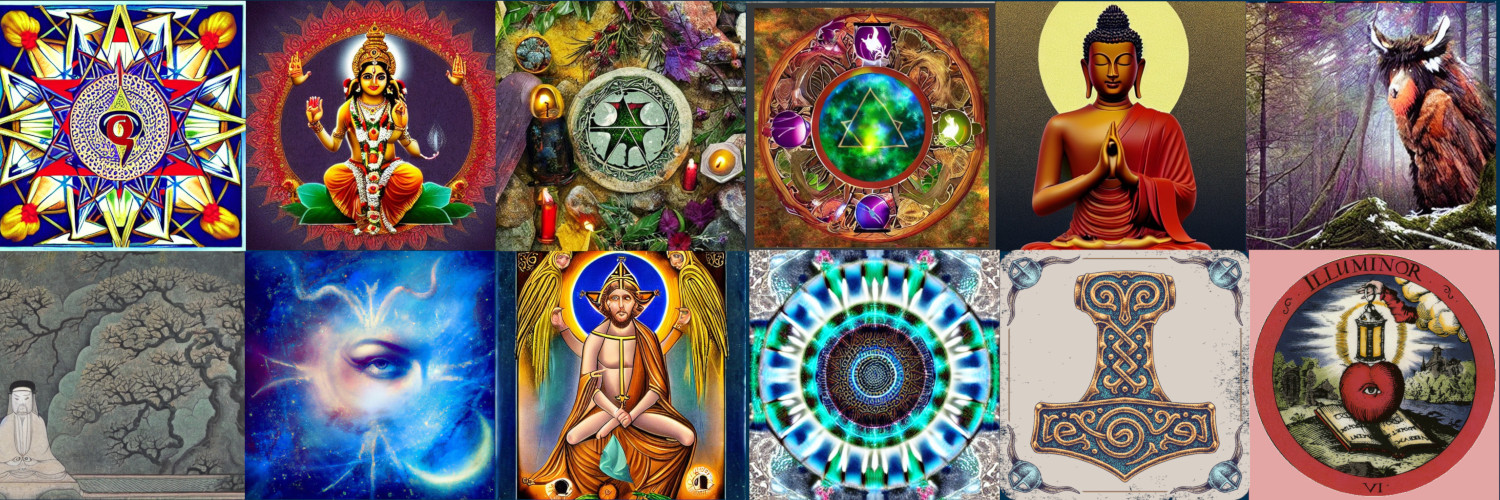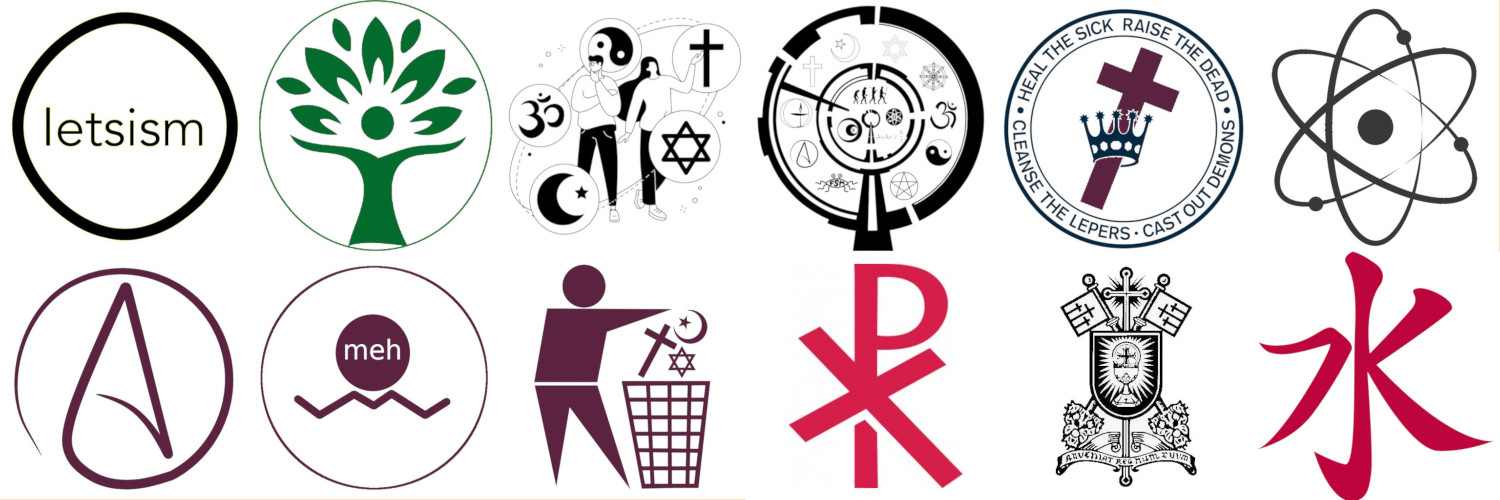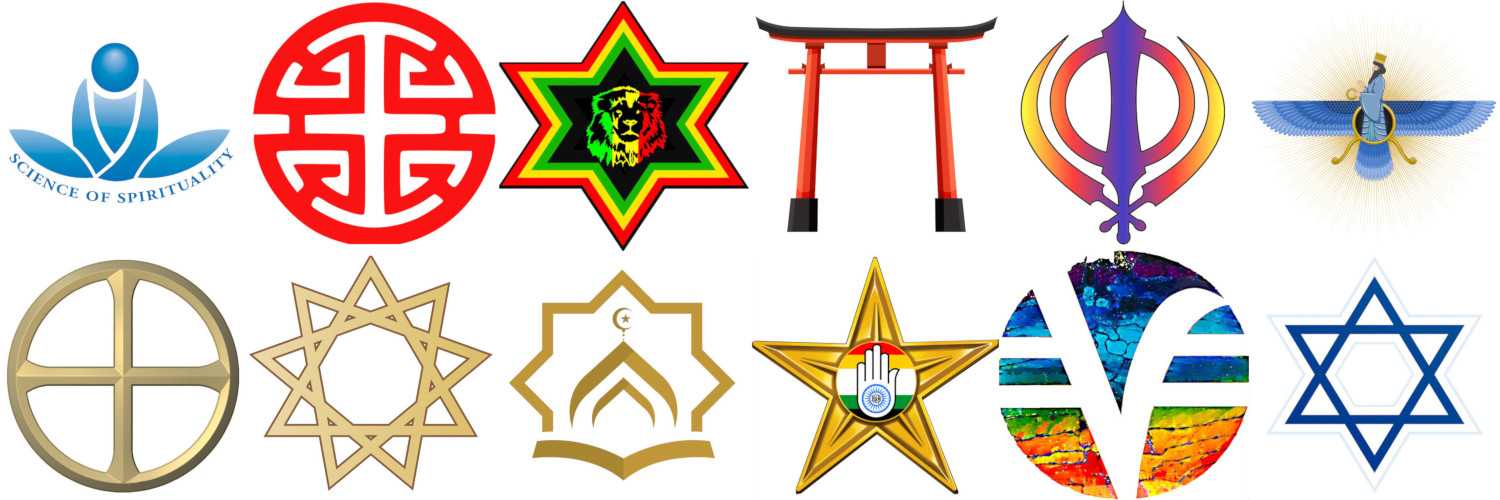Lifedesign Mindset Categories
Lifedesign refers to the intentional and conscious process individuals undertake to shape their lives, encompassing beliefs, values, and actions that contribute to their personal growth and fulfillment. This concept involves a dynamic interplay between one's worldview, spirituality, and the continuous exploration of existential questions. The lifedesign mindset serves as the lens through which individuals navigate their life journey, influencing their perspectives, decisions, and relationships. It encompasses a range of orientations, reflecting diverse approaches to existential, spiritual, and interpersonal dimensions.
The concept of Lifedesign Mindsets delves into the diverse ways individuals approach the design and trajectory of their lives, emphasizing their beliefs, spiritual orientations, and social engagements. Within this exploration, four distinctive Lifedesign Mindsets emerge: Assembler Lifedesign, Individualist Lifedesign, Rationalist Lifedesign, and Holist Lifedesign. Each mindset encapsulates a unique set of values, beliefs, and practices that shape individuals' existential experiences. From the collective adherence to organized doctrines in Assembler Lifedesign to the autonomy and subjective exploration in Individualist Lifedesign, and from the emphasis on evidence-based reasoning in Rationalist Lifedesign to the interconnectedness and experiential orientation in Holist Lifedesign, these mindsets provide a comprehensive framework to understand how individuals navigate the intricate landscape of lifedesign. This discussion explores the characteristics, beliefs, and practices associated with each Lifedesign Mindset, unraveling the complexities of human perspectives on spirituality, knowledge, and community in the intricate tapestry of lifedesign.
Assember Lifedesign

Ingroup Focus On Shared Worship
Assemblers, diverse religious groups marked by high religiosity and a distinct group orientation, emphasize collective adherence to organized doctrines and rituals, fostering a robust group identity. Their commitment to revelationist inquiry aligns with a shared faith identity, emphasizing divine revelation as the ultimate knowledge source, expressed through transformative rituals and worship.
Divine Revelation Shapes Belief and Practice
Rooted in a belief in revelatory transcendence, Assemblers show profound devotion to religious principles and a strong conviction in divine knowledge transmission. This dedication is evident in their unwavering commitment to religious beliefs and practices, including rituals and communal worship, driven by a collective commitment to accessing universal truths through divine revelation.
Shared Beliefs Based on Sacred Teaching
The spiritual knowledge framework based on sacred revelation resonates within Assemblers' shared faith identity. Their collective understanding of truth is intricately tied to shared beliefs, emphasizing revelation as a divine knowledge source, shaping their worldview through a communal interpretation of sacred teachings.
Intragroup Community Support System
Characterized by high religiosity and a robust group identity, Assemblers actively engage in intragroup relationships, extending beyond religious settings. These interactions reinforce community bonds, contributing to the well-being of Assembler members. The social aspects of the spiritual community function as a supportive system, offering emotional, social, and practical assistance. Within this cohesive environment, individuals find meaning, support, and a profound sense of connection, enhancing their experience within the religious community.
Individualist Lifedesign

Emphasis on Personal Subjective Connections with the Divine
Individualists encompass a diverse array of spiritual groups marked by their high degree of spirituality with an emphasis on personal, subjective connections with the divine. Departing from traditional organized religious structures, Individualists prioritize autonomy and individualized paths to meaning. This orientation is characterized by a spectrum of spiritual beliefs, including interspiritual movements, Buddhism, Hinduism, Daoism, Rosicrucian societies, and more.
Embrace Relative Perspectives Over Universal Truths
Individualists embody a distinctive spiritual landscape, prioritizing spirituality as a profoundly personal and individualized orientation. Moving away from institutionalized religious frameworks enables diverse exploration beyond mainstream doctrines. Exhibiting subjectivist tendencies, Individualists prioritize personal experiences and feelings, embracing relative perspectives over universal truths.
Personal Journey of Meditation and Metaphysical Inquiry
Rooted in metaphysical transcendence, Individualists engage in practices like meditation and metaphysical inquiry, fostering a connection with the transcendent through a personal journey that acknowledges the subjective nature of truth.
Interpersonal Interaction Fosters Subjective Truth Sense-making
Their socioepistemological framework revolves around subjective truths and interpretive sense-making, challenging objective reality and emphasizing interpersonal interaction in shaping individual perspectives.
Sociospiritual Community Share Divine Connection Experiences
Despite their emphasis on individual paths, Individualists surprisingly participate in spiritual communion and collective enlightenment. This integration of personal practices with meaningful relationships creates a sociospiritual community where individuals collectively share the experience of divine connection, bridging the personal and communal dimensions of spirituality.
Individual Autonomy to Navigate Beliefs Freely
Moreover, Individualists epitomize individualized involvement within the belief spectrum, providing adherents with autonomy to navigate beliefs freely. This approach encourages individuals to authentically shape and express their beliefs, reflecting distinctive perspectives. In essence, Individualists navigate a spiritual landscape characterized by personal autonomy, subjective exploration, and meaningful communal engagement, creating a paradigm where diverse spirituality flourishes.
Individualists Seek Subjective Autonomy with Communal Engagement
In summary, Individualists represent a diverse spiritual landscape where autonomy, subjective exploration, and communal engagement intersect, creating a nuanced paradigm that embraces both personal and collective dimensions of spirituality.
Rationalist Lifedesign

Prioritizes Critical Thinking and Evidence-based Reasoning
Rationalists encompass a diverse array of groups, including Mainline Protestants, Confucianism, and various belief systems like Deism and Atheism. Rooted in a cognitive orientation, rationalism aligns with intellectual inquiry, reason, and logical analysis. This positions those in the Rationalists category to prioritize critical thinking, evidence-based reasoning, and empirical observations, distancing themselves from dogmatic or supernatural beliefs.
Replaces Faith-based Ethics with Faithless Moralism
Within the dimension of Moralists, Rationalists practice faithlessness in the traditional sense, emphasizing reason and secular ethical frameworks. The focus on reasoned inquiry and ethical reflection in forming moral judgments showcases how moralists contribute to the broader discussion on ethical considerations outside religious faith.
Explore Subjective Interpretations in Intellectual Paths
The philosophy of Intellectual Transcendence aligns with Rationalists, emphasizing an individualized and personal orientation within the realm of transcendence. This philosophy encourages the exploration of subjective interpretations, departing from organized religious doctrines and fostering autonomy in intellectual paths.
Embraces Evidence-based Reasoning in Collective Sense-making
Rigorous Inquiry characterizes the socioepistemological framework of Rationalists, emphasizing evidence-based reasoning and a commitment to objectivity. This framework recognizes the importance of interpersonal interactions in shaping individual viewpoints, fostering a collective sense-making process. The emphasis on personal involvement enhances the depth of understanding, balancing objectivity with interpersonal engagement.
Shares Commitment to the Pursuit of Objective Truths
The socioepistemology based on high objectivism within Rationalists underlines a shared commitment to the pursuit of objective truths. Social interconnectedness plays a crucial role, with communities serving as platforms for the exchange of ideas and personal involvement in knowledge acquisition.
Emphasizes Individual Autonomy in Exploring Spirituality Issues
Interpersonal Interactions within Rationalists emphasize personal autonomy in exploring spirituality within a social context. This sociospiritual type departs from rigid religious structures, allowing individuals to engage in interpersonal dynamics driven by personal preferences, fostering diverse spiritual expressions.
Involves Cognitive Reflection and Intellectual Faith Exploration
Cognitive Reflection is a key form of engagement for Rationalists, involving critical thinking and philosophical inquiry to deepen understanding of belief systems. This intellectual faith exploration aligns with the cognitive orientation of Rationalists, contributing to the ongoing development of cognitive belief frameworks within the belief spectrum.
Results in Diverse Beliefs But Shared Commonalities
In summary, Rationalists, with their diverse beliefs, share commonalities in cognitive orientation, evidence-based reasoning, moral exploration, individualized transcendence, rigorous inquiry, high objectivism, autonomous interpersonal interactions, and cognitive reflection.
Holist Lifedesign

Emphasizes Interconnectedness, Intuition, and Direct Spiritual Encounters
Holists, represented by diverse groups like the Baha'i Faith, Islam, and Sikhism, exhibit an experiential orientation, valuing holistic and intuitive experiences as the foundation of their belief systems. This orientation emphasizes interconnectedness, intuition, and a broad understanding of reality, shaping their diverse beliefs based on direct encounters and a holistic approach.
Recognizes Interconnectedness of Knowledge, Values, and Experiences
Integrators among Holists practice holism in epistemology, recognizing the interconnectedness of knowledge, values, and experiences. They advocate for a comprehensive understanding of the world by synthesizing diverse perspectives and sources of knowledge, contributing to a nuanced and inclusive worldview within holist belief systems.
Acknowledges the Subjective Nature of Religious Truths in the Community
Communal spirituality in Holists, rooted in religiosity with relative truths and subjective inquiry, strikes a balance between communal and individualized aspects of religiosity. It bridges the gap between collective adherence to organized religious doctrines and the autonomy of individual subjective inquiry, acknowledging the subjective nature of religious truths within a communal context.
Views Knowledge Acquisition as Social and Contextual
Collective understanding, characterized by social construction, defines Holists' socioepistemological framework. Truth is viewed as socially constructed and context-dependent, shaped by individual subjectivities within the group context. Knowledge acquisition is social and contextual, involving shared knowledge and meaning-making processes within the group, emphasizing the importance of intragroup relationships and social interconnectedness.
Emphasizes Individual Spiritual Experiences within Collective Context
Spiritual cohesion in Holists emphasizes harmonious communion, intertwining individual spiritual experiences within the collective context of a community. This sociospiritual paradigm accentuates a deep and meaningful connection to the sacred, shaped and reinforced by intragroup relationships, fostering a sense of unity and shared commitment to spiritual exploration.
Emphasizes Subjective Experiences and Personal Encounters with the Sacred
Experiential discovery, encapsulating holistic faith encounter, characterizes the personal and holistic engagement with beliefs among Holists. It emphasizes subjective experiences and personal encounters with the sacred, encouraging individuals to seek and embrace moments of spiritual revelation, contributing to the experiential orientation of the belief spectrum within Holist groups.